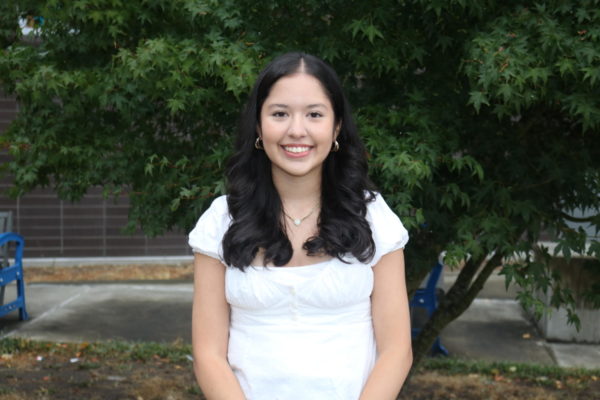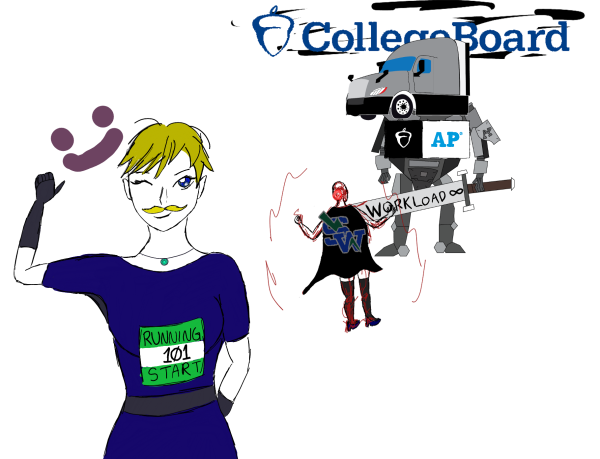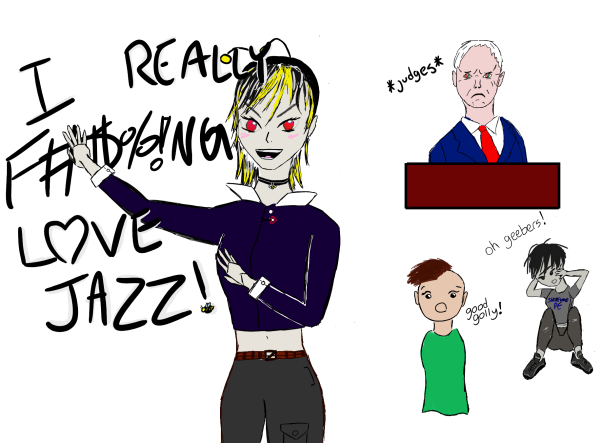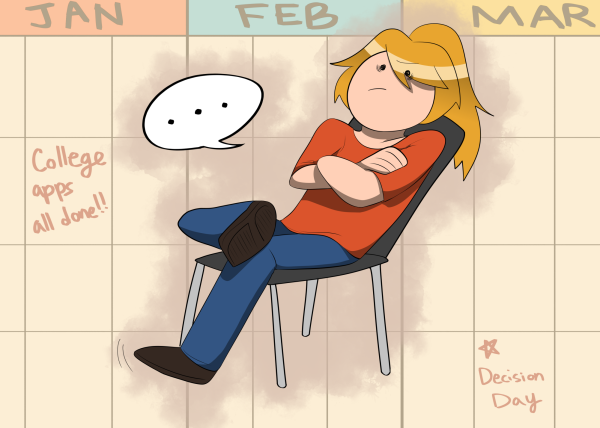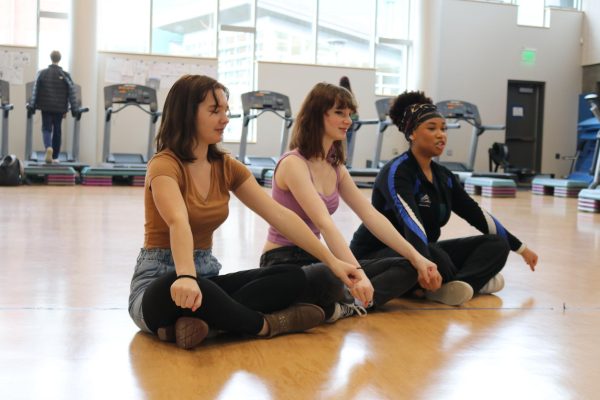No costumes at Moving Up…and I’m okay with that
After years of offensive costumes, they’re out
June 8, 2022
June is a time of buzzing excitement here at Shorewood. Counting down the days left in the school year, it’s an especially exciting time for seniors; chock-full of fun events like prom, senior breakfast, and the Moving Up Assembly. The Moving Up Assembly, typically split up into two separate assemblies, is a time when the achievements of students are celebrated and everyone gets to step into the next grade. It’s an important ceremony signifying the end of the year, but its history is more complicated than it may seem.
For an immeasurably long amount of time, dressing up in organized group costumes has been a tradition for seniors at the assembly. A group of two may go as Bill and Ted, a group of three may go as The Powerpuff Girls, or a group of 12 may go as jungle animals- you get the picture. Low effort, low impact; or so one would think.
Although many staff members recall the costumes being a tradition for many decades, no one really knows how or why it started. Several teachers have always had a distaste for the event, never really ‘getting it’ or thinking that the costumes take away from the dignity of the celebration, one of the many problems this assembly has presented.
As much as I love silliness, there is a time and a place for it. Something that the district and other community members settled on is that the Moving Up Assembly is not the time nor the place. I’ve come to understand and agree with the argument that this assembly should be taken more seriously as a time to respectfully pay honor to the seniors and celebrate their accomplishments.
Apart from the desire to take the event more seriously, there was a much more serious problem that caused the banning of costumes. For as long as the costumes had been a tradition, so had using those costumes as a way to mock, appropriate, and insult. Despite the district’s best efforts to intervene, establish more specific guidelines, and educate students about cultural appropriation, offensive costumes were a problem that never went away. And what seemed like a trivial problem to most had disastrous emotional impacts on the smaller groups that the costumes were ultimately hurting.
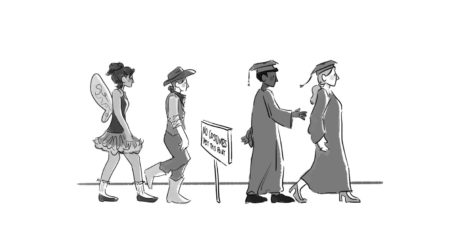
Personally, I am a giant advocate for trivial, fun celebrations. I’m a nerd for a theme, a nerd for a group costume, and a nerd for doing things for the sake of pure unnecessary enjoyment. However, there’s a point at which my desires are extremely outweighed by the desires of those who are actively being hurt by the thing that I find harmless. It’s far easier to tell a group of people they can’t dress up as sexy crayons than it is to tell someone to suck it up as their identity gets mocked.
If the proper steps to solve the problem had not been taken and the district had made the jump to ban costumes altogether, that would be a different story; one in which I would probably be much more upset. What I recently learned, however, is that they tried everything they could. Nothing was working and a harsh decision had to be made in order to prioritize the safety and well-being of these victimized communities.
As an alternative, perhaps those who want to continue to dress up can do so during campus day, or maybe even senior breakfast. I think establishing new traditions with those who understand how to go about activities like this appropriately is the best way to move forward; balancing the fun with decorum and respect.


